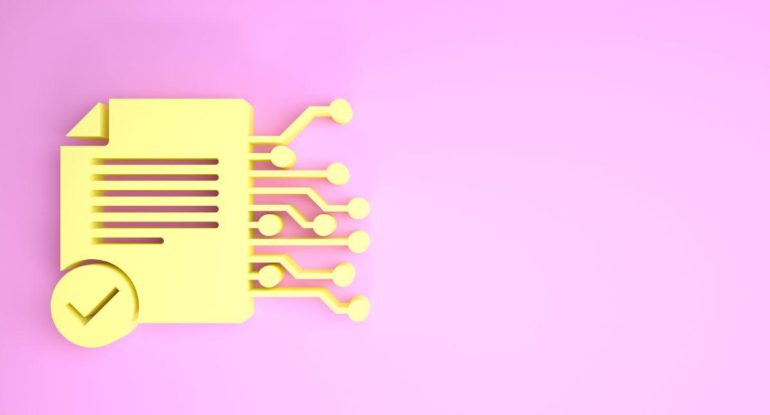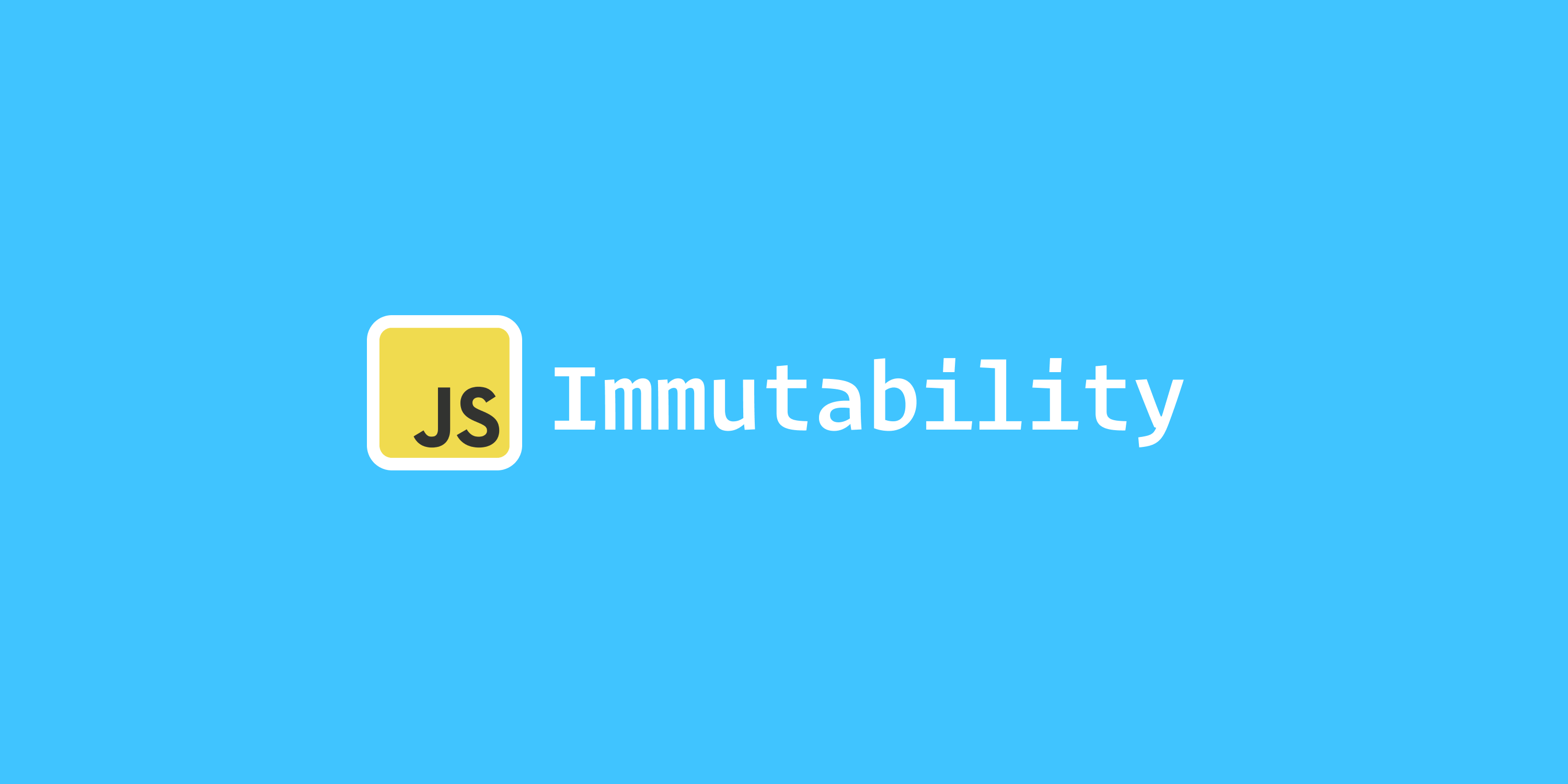The Hypothetical Concept Of Self Evolving Smart Contracts And Its Top 5 Potential Benefits

Smart contracts are self-executing contracts with the terms of the agreement directly written into code. They run on blockchain networks and automatically execute actions when predefined conditions are met. Smart contracts enable trustless transactions, as they are executed automatically without the need for intermediaries, ensuring transparency, security, and efficiency.
At the core of smart contracts is blockchain technology, which provides a decentralized and immutable ledger to record transactions. Each smart contract is deployed onto a blockchain network, where it resides as a piece of code accessible to all network participants. The code specifies the rules and conditions of the contract, including the parties involved, the terms of the agreement, and the actions to be taken upon fulfillment of those terms.
Smart contracts offer several advantages over traditional contracts:
- Trustlessness: Smart contracts eliminate the need for trust between parties, as the terms of the agreement are encoded in the contract code and executed automatically by the blockchain network. This reduces the risk of fraud or manipulation, as transactions are transparent and cannot be altered once recorded on the blockchain.
- Transparency: Since smart contracts are executed on a blockchain, all transactions and contract interactions are recorded and visible to all network participants. This transparency enhances accountability and enables parties to verify the integrity of transactions without relying on third-party intermediaries.
- Security: Smart contracts leverage the security features of blockchain technology, such as cryptographic hashing and consensus mechanisms, to ensure the integrity and immutability of transactions. Once deployed, smart contracts cannot be tampered with or altered, providing a high level of security and reliability.
- Efficiency: Smart contracts automate the execution of contractual obligations, eliminating the need for manual intervention and streamlining processes. This reduces administrative overhead, minimizes errors, and accelerates the settlement of transactions, leading to cost savings and increased efficiency.
- Decentralization: Smart contracts run on decentralized blockchain networks, which are distributed across multiple nodes and do not rely on a central authority. This decentralization ensures that no single entity has control over the contract, reducing the risk of censorship or manipulation.
Smart contracts have a wide range of applications across various industries:
- Financial Services: It are used for peer-to-peer lending, decentralized exchanges, automated trading, insurance, and remittances, enabling secure and efficient financial transactions without the need for intermediaries.
- Supply Chain Management: It facilitate transparent and traceable supply chain operations by automating processes such as procurement, inventory management, and logistics tracking. This enhances visibility, reduces fraud, and improves efficiency in supply chain operations.
- Legal and Governance: It can automate legal agreements, such as wills, property transfers, and intellectual property rights, ensuring compliance and enforcing contractual obligations without the need for legal intermediaries.
- Healthcare: They enable secure and interoperable health data management, patient consent management, and automated healthcare payments, improving transparency, privacy, and efficiency in healthcare systems.
- Real Estate: The streamline real estate transactions, including property sales, rental agreements, and property management, by automating contract execution and reducing the need for intermediaries, such as lawyers and brokers.
They are programmable, self-executing contracts deployed on blockchain networks, enabling trustless, transparent, and efficient transactions across various industries. Their ability to automate contract execution, ensure security, and eliminate the need for intermediaries makes them a powerful tool for transforming business processes and driving innovation in the digital economy.
Also, read- Top 10 Intriguing Reasons Edge Computing Is Better For Smart Contracts Than AI

We are happy to announce that we have completed the smart contract audit for @bitpixell
— SolidProof.io Official (@SolidProof_io) February 10, 2024
Need an audit?https://t.co/i3evxJTtOP
Check out the full audit report here:https://t.co/zGzZ0voxbw#SmartContracts #Blockchain pic.twitter.com/gJRjBiC6aT
Hypothetical concept of self-evolving smart contracts

The hypothetical concept of self-evolving smart contracts refers to smart contracts that are capable of autonomously adapting and evolving over time in response to changing conditions, feedback, or new requirements. These smart contracts possess self-amendment mechanisms that allow them to modify their code or parameters without requiring external intervention. This concept is still largely theoretical but holds significant potential for enhancing the functionality, flexibility, and resilience of smart contracts. Here are the top five potential benefits of self-evolving smart contracts:
- Adaptability: Self-evolving smart contracts can adapt to changing business requirements, market conditions, or regulatory frameworks without the need for manual intervention. By incorporating self-amendment mechanisms, these contracts can dynamically adjust their terms, logic, or parameters to accommodate new features, comply with updated regulations, or address emerging risks. This adaptability enhances the longevity and relevance of smart contracts, ensuring they remain effective and useful over time.
- Continuous Improvement: Self-evolving smart contracts can iteratively improve their performance, efficiency, and security based on feedback and data analysis. By monitoring transaction history, user interactions, or external inputs, these contracts can identify areas for optimization or enhancement and implement self-improvements autonomously. This continuous improvement cycle enables smart contracts to evolve organically, becoming more robust, reliable, and efficient with each iteration.
- Resilience to Errors and Attacks: Self-evolving can mitigate the impact of coding errors, vulnerabilities, or malicious attacks by proactively identifying and addressing potential weaknesses. Through automated code audits, vulnerability assessments, or self-healing mechanisms, these contracts can detect and remediate security flaws or abnormal behaviors in real-time, reducing the risk of exploitation or disruption. This resilience enhances the trustworthiness and security of smart contracts, fostering greater confidence among users and stakeholders.
- Efficient Governance and Decision-Making: Self-evolving can streamline governance processes and decision-making by automating the evaluation and implementation of proposed changes or upgrades. Through decentralized governance mechanisms, such as on-chain voting or consensus algorithms, stakeholders can propose amendments or optimizations to smart contracts, which are then evaluated and executed autonomously based on predefined criteria. This efficient governance model promotes transparency, accountability, and inclusivity in the evolution of smart contracts, enabling decentralized communities to participate in the decision-making process.
- Enhanced Scalability and Interoperability: Self-evolving can facilitate interoperability and scalability by seamlessly integrating with other smart contracts, protocols, or blockchain networks. Through standardized interfaces, interoperability protocols, or cross-chain communication mechanisms, these contracts can interact with external systems and exchange data or assets in a secure and efficient manner. This interoperability enhances the versatility and utility of smart contracts, enabling them to operate within complex ecosystems and adapt to evolving technological landscapes.
self-evolving hold significant potential for revolutionizing the way they are designed, deployed, and managed. By incorporating self-amendment mechanisms, these contracts can adapt, improve, and evolve autonomously, leading to greater adaptability, resilience, efficiency, and interoperability in decentralized systems. While still in the conceptual stage, the development of self-evolving smart contracts represents a promising avenue for advancing the capabilities and functionalities of blockchain-based applications in the future.
Conclusion
In conclusion, the hypothetical concept of self-evolving represents an intriguing frontier in the evolution of blockchain technology and decentralized systems. These contracts, equipped with self-amendment mechanisms, have the potential to autonomously adapt, improve, and evolve over time, enhancing their functionality, resilience, and efficiency. While still largely theoretical, the concept of self-evolving smart contracts offers several compelling benefits, including adaptability to changing conditions, continuous improvement, resilience to errors and attacks, efficient governance, and enhanced interoperability.
The development of self-evolving has the potential to revolutionize the way smart contracts are designed, deployed, and managed, leading to greater flexibility, trustworthiness, and utility in decentralized applications and ecosystems. However, realizing this potential will require further research, experimentation, and innovation to overcome technical challenges and ensure the security, reliability, and effectiveness of self-evolving smart contracts in real-world applications.
Overall, while self-evolving remain a theoretical concept at present, they represent a promising direction for advancing the capabilities and functionalities of blockchain technology, paving the way for more adaptive, resilient, and efficient decentralized systems in the future.




























































